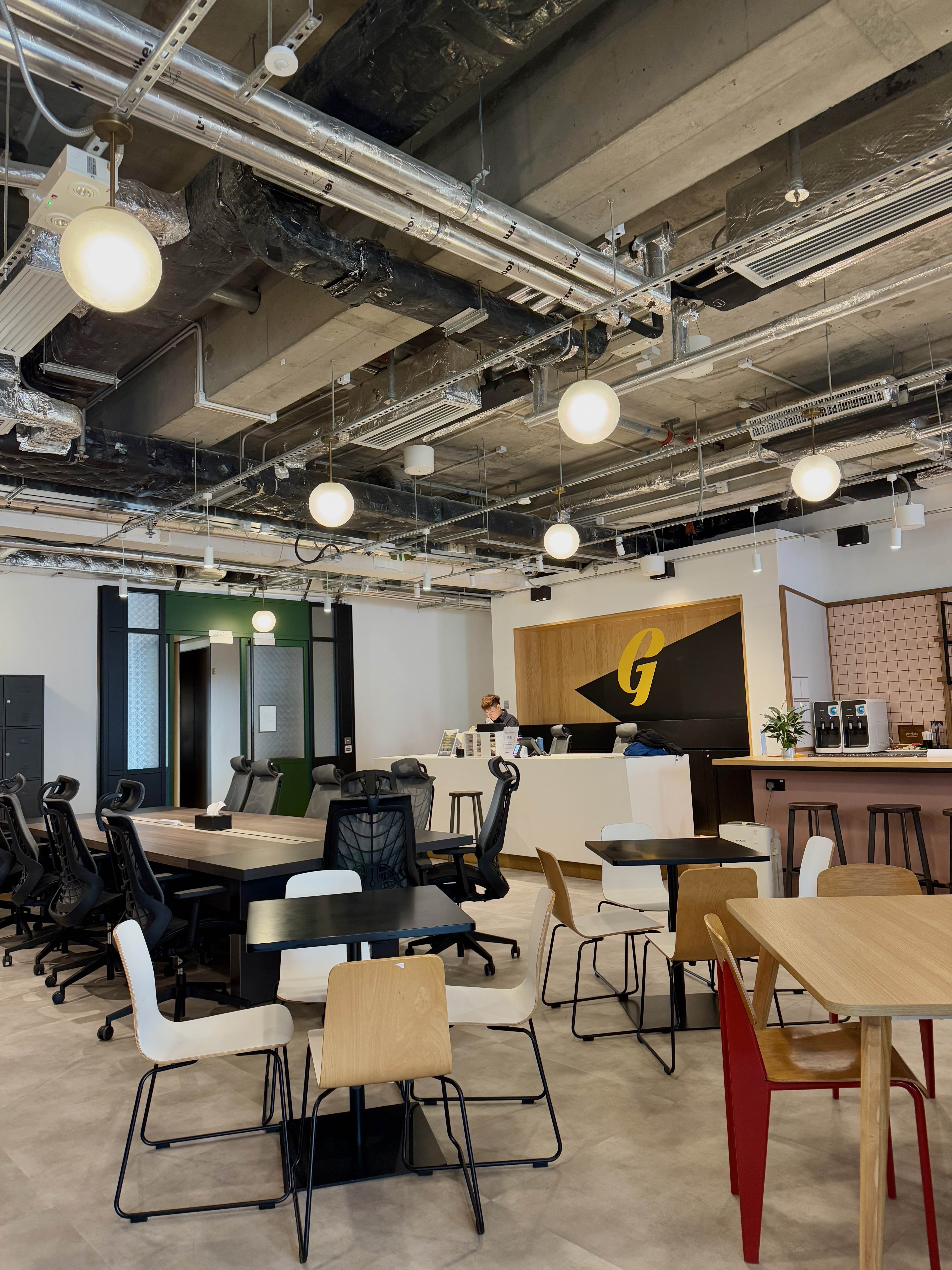LOCATIONS
Hong Kong
-
Facebook
-
LinkedIn
-
Instagram
-
Youtube
It’s no longer a stretch to say that internet use has become an extension of our existence. While we may accept this as an inevitable outcome of the Digital Age, we shouldn’t forget that there are risks involved with sharing sensitive information online.
The growth of security technologies is notable, but there are measures you can personally take to prevent important information about you from being lost. After all, humans are hackers, not computers. Keep reading to see what steps you can begin to implement right away!
You may not think twice about asking for the WiFi password the moment you step into any establishment, but you could actually be putting your information at risk when you connect to public networks. This is especially applicable to networks that don’t require a password, so be aware before you connect.
You’ve probably heard this one before, but you still haven’t changed up your passwords, have you? Having the same password opens up all our accounts and personal information to hackers, so why is your password still ‘password'? There are a number of password managers out there, but we suggest that you go the old school route: sit down and don’t get up until you’ve memorised all of your various passwords.
If you find it too tedious to create extremely complex passwords for every account, try to at least do so for your main email account, as it’s often used for multi-step verification and is where most of your sensitive information is contained. If you don’t have multi-step verification set up for your email, Facebook, Dropbox, iCloud, etc., be sure to take the time to do so.
You may think yourself quite stealthy when it comes to spotting suspicious emails, but hackers are getting savvier themselves, often thinking one step ahead. Aside from being more undetectable in their language, virus-laden websites now look more legitimate than ever in terms of both visuals and content. A good rule of thumb to follow would be to not click through to any link you didn’t expect to receive.
Your Mom has probably already spoken to you about not over-sharing on Social Media, and as always, she’s right. The more personal the information you share online is, the more you’re at risk of identity theft. Also, it’s not something you can necessarily retract; once it’s out there, it’ll forever be floating around in the limbo that is the interwebs even if your Social Media account is private. Think about it like this: if it’s something you’re not comfortable with sharing with a complete stranger, then it’s probably best to keep it to yourself.
Internet cafes may seem archaic, but there are still instances when we have to login to public computers such as at the airport when you realise your charger is in your luggage. The general advice in such instances is to not log on to any personal accounts when you’re browsing. There is software you can use to keep yourself anonymous such as Virtual Private Networks (VPN), but this isn’t a foolproof solution by any means.
Even though most browsers will automatically populate the URL field as such, it’s important to double check that this is the case. Using ‘https' will encrypt your data by scrambling it, which is especially important when you’re shopping online.
As a general practice, you should never download free software because it’s common for it to be loaded with spyware. While we don’t want to say that this risk applies to all free software, since there are websites that are safer than others, the general rule would be to only download software through your operating system provider. Note to all Mac users: just because you don’t use a PC, doesn’t mean you’re safe.
We don’t think you should jump to the block, but if you’re feeling at all suspicious about a random person trying to add you on a social network, then it’s probably a good idea to do so. Chances are it’s just a spam account, but there’s no harm in adding in that extra precaution.
While it may be tedious to input for payment information every time you want to purchase something online, it’s good practice to do so rather than allowing the website or browser to pre-populate this information.
Keeping your computer and devices up to date not only ensures that all the software functions properly, but is also key to keeping the security side of things updated as well. Malware developers are fast movers, so the only way to win at their game is to stay one step ahead, whether it’s with your anti-virus software or operating system.
 Garage Blog
Introducing Garage Society's Newest Premium Workspace at Tower 535 Causeway Bay
Garage Blog
Introducing Garage Society's Newest Premium Workspace at Tower 535 Causeway Bay
We're thrilled to announce the opening of our newest Garage Society location in the heart of Hong Kong's most dynamic business district!
Garage Society Causeway Bay brings our signature blend of community, innovation, and premium workspace to Causeway Bay's prestigious commercial hub.
 Garage Blog
From Flat White to Flexspace - The Best Coffee Spots Near Garage Society Locations
Garage Blog
From Flat White to Flexspace - The Best Coffee Spots Near Garage Society Locations
Looking for the perfect cup of coffee to fuel your workday?
Members enjoy free coffee 24/7 in our spaces, but sometimes they need a change of scenery (or bean!). That's why we've compiled this guide to our members favourite independent coffee shops near each Garage Society location!
Whether you're a dedicated hot desk member or just exploring flexible workspace options, stay caffeinated and inspired with our picks below: